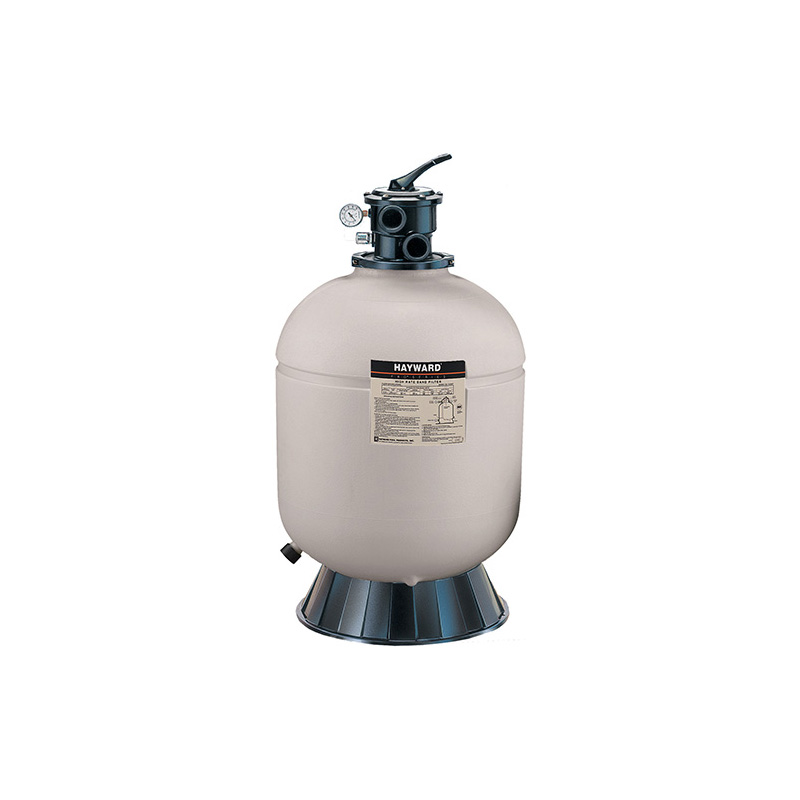Pool Pumps
How to Troubleshoot a Noisy Pool Pump
How to Troubleshoot a Noisy Pool Pump – Is the noise from your pool pump keeping you up at night or annoying the neighbors? It’s time to find out what’s causing all the ruckus. Those nasty noises originating from your pump are telling you something’s wrong. But what could it be?
Luckily, you can easily troubleshoot a noisy pool pump on your own. With these tips and tricks, you may be able to locate the source of the sound, whether it’s coming from the motor or the pump itself. But you can’t just stop using your pump to avoid the noise. That’s because your pool pump is an essential piece of machinery. Its job is to circulate the water and filter out dirty particles. It also evenly distributes chemicals so you’re not swimming in a pool of algae or bacteria.
What’s the Source?
The sound could be coming from the pump or the motor. Pool pumps are comprised of three main components:
· Motor
· Impeller
· Housing
The motor powers the impeller (a spinning blade that brings water into the pump). The housing has a bucket with a mesh liner connecting it to the filter.
How Long Has it Been Noisy?
Has your pump been making noise ever since you installed it, or has it just been a few days?
If it’s been noisy from day one, you may have just chosen a low-quality pump. Or, it may have been installed incorrectly. It could also be too powerful for your pool’s size. In this case, bigger is not better! Pumps with more horsepower than is needed will overwhelm your pool system and boost your energy bills. With more energy comes more noise. Quiet pumps are simply more cost-efficient to operate.
You may want to buy a new pump, such as a variable-speed pump that will save you in energy costs. This will pay itself off in nearly two years, plus you can enjoy rebates on this type along with a lifetime warranty.
What Sound is it Making?
If it sounds like your pump is full of rocks, the impeller and housing are to blame. If the sound is more screechy in nature, it’s the motor.
What’s the Water Level?
A noisy pump could mean it’s running dry. Sometimes, the pump starts to suck in air along with the water when the water level falls below halfway on the skimmer’s faceplate. In turn, this strains the pool pump, making it work harder and louder. You can remedy this by adding water to the pool pump. If that doesn’t work, the pump may be having issues with self-priming (getting rid of excess air). You will have to do this manually.
Blockage in the Pump
When debris gets trapped, the motor works harder to suck water from the pool and push it through the filter. This creates a lot of noise because it’s starting to suck in air and water, which isn’t an ideal situation for your pump.
- Switch off the filter
- Unplug the pump
- Open the pump basket lid
- Clear out any leaves, dirt, rocks, and sediment
- Clean out the basket with a hose
Next, it’s time to check the impeller. Don’t plug the pump back in, but instead remove the pump basket, reaching through the tube between the impeller and the basket. If the impeller is clogged or wobbly, this also creates noise. If you spot a clog, scrape off the debris with a hook-shaped wire. If you have a wobbly impeller, get it repaired or replaced.
Blockage Outside the Pool Pump
Check the skimmer basket and pipes for blockages, as debris often builds up before the water hits your pump.
Pump and Housing Imbalance
An uneven pool base could be causing a vibration with the filter and motor, which is noisy. It’s fairly common because over time, an uneven settling happens. Level out the ground so everything stays balanced and doesn’t vibrate.
Cavitation
A serious situation, this is when the pump sucks in air as well as water. If the pump has been running dry for quite some time, the water that’s left in the pump may have boiled and steamed, which melts pump components, including the inner lining.
Another component that could be impacted is the impeller. This takes the brunt of the heat, so that when high temperatures are reached, the impeller’s brass insert detaches and rattles. You can replace the impeller but the pump body is more difficult to fix.
Bearings
Does it sound like there’s a pile of rocks in your pump? It could be the bearings mounted on the motor. They’re supposed to reduce friction as the shaft spins but they could be worn. These will need to be changed. Or, you may have to replace the whole motor. Lubricating alone isn’t going to help. Replacement bearings are cheap, but the labor costs involved are high.
Have you tried all of the above and nothing has worked? It’s time to buy a new pump or let a professional troubleshoot the issue.
Central Jersey Pools has vast experience when it comes to pool pumps. Contact us today for repair, replacement or troubleshooting services.
